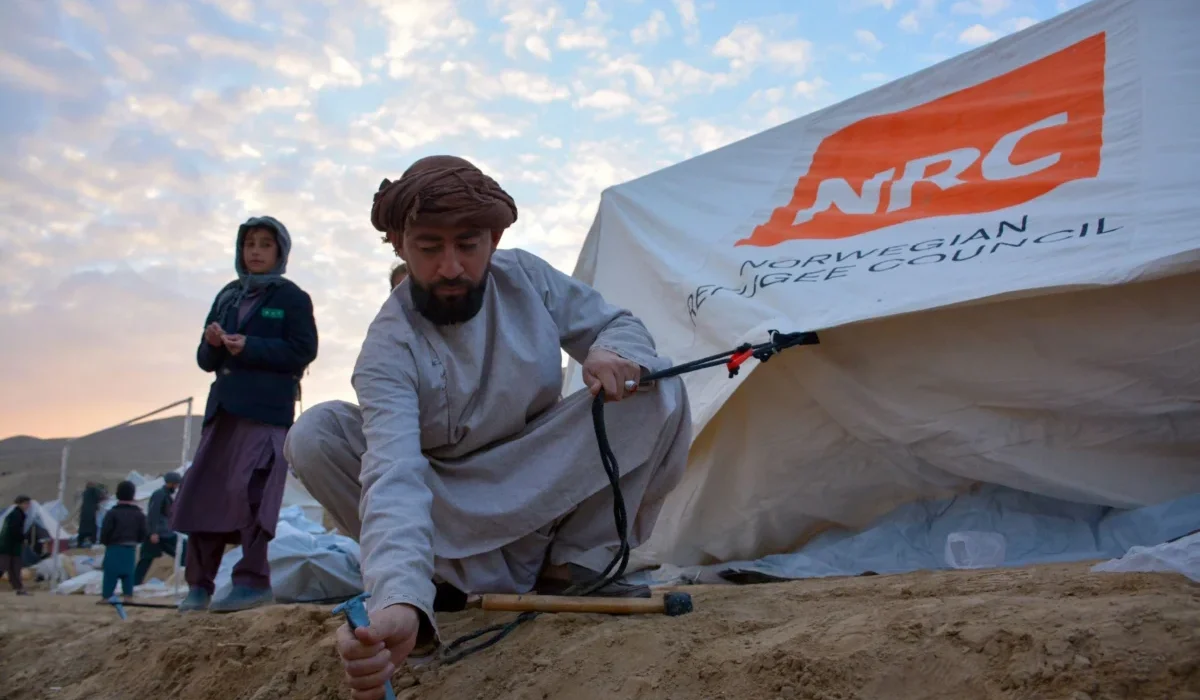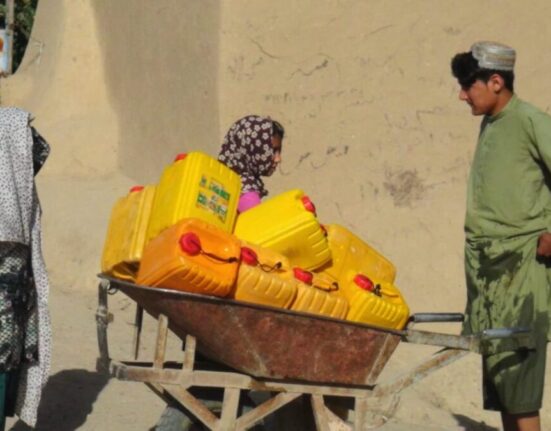KABUL, Afghanistan — The Norwegian Refugee Council (NRC) has suspended parts of its humanitarian operations in Afghanistan and closed several provincial offices, citing a sharp decline in international aid. The organization warned that the cuts will have far-reaching consequences for millions of Afghans, particularly women and children, who rely on essential services.
In a statement on Tuesday, the NRC described the scale of the challenge as the most severe it has faced since beginning operations in Afghanistan 22 years ago.
“At a time when men, women and children in Afghanistan urgently need international funding and support, NRC and our partners are facing drastic funding cuts from key donors,” said Suze van Meegen, NRC’s interim country director in Afghanistan. “This situation leaves us with no choice but to make untenable reductions in our services, further jeopardizing vital lifelines for the most vulnerable and impoverished communities.”
Since January, NRC has been forced to close two of its community resource centers, with two more at risk in the coming months. These centers provide displaced and returning Afghans with shelter, food assistance, legal counseling, and healthcare referrals — services that are especially critical for women heading households, the organization said.
The NRC also confirmed it had shut down offices in multiple provinces and laid off a significant number of staff, including female aid workers. The loss of women in the workforce, it said, is further limiting access to basic services for women and children across the country.
“These funding cuts have far-reaching consequences,” van Meegen said. “They extend from communities that have lost access to basic assistance to thousands of experienced Afghan staff who have lost their livelihoods.”
Local residents say the effects are already being felt. In Kahdestan, an informal settlement outside Herat City, Abdul-haq, 45, said aid had all but disappeared. “NRC staff used to be here every day and knew our problems. Now they are gone, the health clinic is closed, and educational classes have stopped. We don’t know where to turn,” said Abdul-haq, who was displaced from Badghis in 2017 due to drought and conflict.
The aid agency emphasized that it is not withdrawing entirely from Afghanistan. Programs supported by other donors will continue, and the NRC remains committed to operating in the country.
“We are not shutting down,” van Meegen said. “We remain committed to supporting displaced women, men and children and to ensuring that communities affected by decades of war are not left behind.”
The funding crisis follows a series of decisions by major donors to scale back humanitarian assistance. In January, the United States suspended several ongoing aid projects, forcing the majority of U.S.-funded humanitarian work in Afghanistan to halt or end. Other donor governments — including Belgium, France, Germany, the Netherlands, Sweden, Switzerland, and the United Kingdom — have also announced reductions in their global aid budgets.
According to the United Nations, 22.9 million Afghans currently require humanitarian assistance. The World Food Program estimates that one in three Afghans — more than 14 million people — face acute food insecurity.
Despite the worsening conditions, the UN’s 2025 humanitarian response plan for Afghanistan is only 13.3 percent funded, according to the Financial Tracking Service. The NRC said the steep aid cuts reflect “a blatant disregard by key donors” for their global commitments and urged the international community to step up before the situation deteriorates further.





